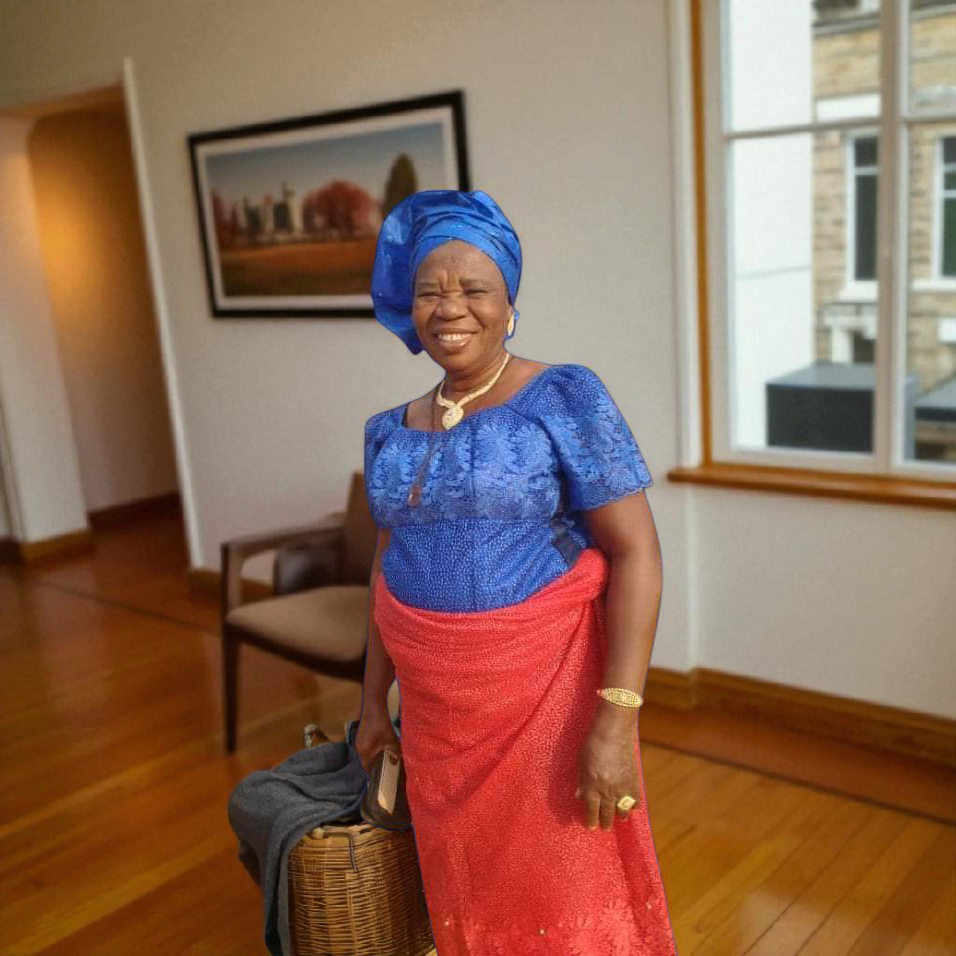Sponsored Advertisements
Who Are the Tiv People? Unveiling the Heartbeat of the Middle Belt
Leave a Reply
New Discussions
-
Religious mindset

Engr. Acumen
Just now ago00 -
💚 TONIGHT ON KONNECT: THE REVOLUTION HAS BEGUN 🚀

Angelic Beauty
8 mins ago00 -
PRAYER THAT DESTROYS SATANIC-SPONSORED DREAMS

Michael
12 mins ago00 -
My journey to freelance: "Continuation 9"

Penvibe
27 mins ago00 -
PRAYER THAT DESTROYS REPRODUCTIVE ORGAN DISEASES

Michael
32 mins ago00













Priss Dave
117 days agoThe Tiv people, one of Nigeria’s most vibrant and resilient ethnic groups, trace their origin to the fertile Benue Valley. Over generations, they’ve built a legacy of farming, storytelling, and deep-rooted traditions that continue to inspire and uplift.
Their language, Tiv, carries ancestral wisdom, spoken through proverbs, songs, and everyday conversations. It’s not just a language; it’s the voice of the land.
One of the boldest expressions of Tiv identity is the traditional black-and-white striped cloth known as Anger. Worn by both men and women, it represents clarity, unity, and cultural strength. The simplicity of the design holds deep meaning: the black stands for the richness of the soil and strength of the people, while the white symbolizes peace and purity.
Tiv women complete their attire with colorful tsuwe-tsuwe (beads), especially during weddings, festivals, and naming ceremonies.
💃🏽 Dance & Music: Swange
The most celebrated Tiv dance is the Swange, a graceful and sensual display of rhythm and body movement, often performed at ceremonies. It’s danced to the beat of local drums like the Indyer and Ilyu, with dancers swaying in unison like waves on a river. Swange is not just entertainment,it is history in motion, joy in rhythm, identity in movement.
🏡 Family, Farm, and the Ate (Hearth & Gathering Place)
Farming is the foundation of Tiv life; yams, maize, and vegetables grow from the soil they cherish. A familiar scene: a woman returning from the farm, basket on her head, children playing near a mud hut, laughter in the air.
At the center of every Tiv compound lies the Ate; a round, open structure often roofed with thatch. The Ate is not merely a hearth; it is the heartbeat of the home. This is where families dine, elders meet, guests are received, and stories of the past are passed down.
It is under the Ate that decisions are made, wisdom is shared, and unity is maintained. It is both a physical and spiritual center of Tiv life, welcoming, and always ready to host.
🎭 Folklore & Spirituality
The Tiv people are storytellers. From tales of the trickster hare “Ikyô”, to origin stories and ancestral legends, oral storytelling keeps history alive. Respect for ancestors and elders is deeply ingrained. Before Christianity spread, many Tiv practiced Akombo; a spiritual system with ancestral deities and symbols governing different aspects of life.
🌍 Today’s Tiv: Rooted and Rising
Today, the Tiv people are everywhere; teachers, doctors, artists, politicians, farmers, and innovators, yet they carry their identity proudly. Whether in Makurdi, Abuja, Lagos, Port Harcourt, Calabar or in the diaspora, the spirit of “Ayatutu” (Tiv Nation) continues to rise.
This is not just a tribe.
This is a living culture.
This is the heartbeat of Nigeria’s Middle Belt.
AYATUTU KA UNO? KA SE!🙂
This is Konnect Africa.
#TivOrigin #TivPeople #KonnectAfrica #AfricanHeritage
#AngerPride #SwangeDance #AteLegacy #MbaTiv #BenueRoots
#AfricanTribes #KnowYourCulture #MiddleBeltLegacy #TivStory
#AfricanIdentity #TribalStrength #UnityInCulture